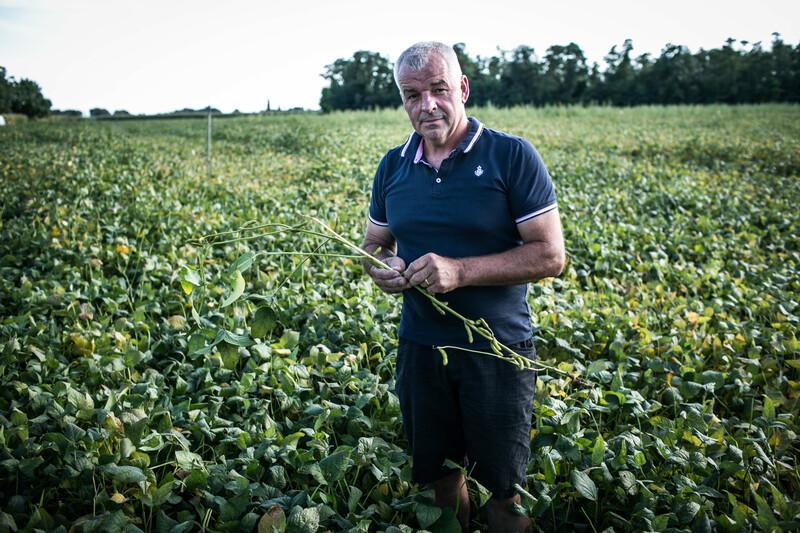How farmers and food companies together can help save our planet
Sustainable food systems can be part of the solution to protect our planet for future generations. The importance of working with nature is being recognized by policy-makers (1), international organizations (2) and scientists (3). All actors in the food chain are to work together to bring sustainable change in the way we grow and produce our food.
Working together for a continuous shift towards a better food system
To restore planetary and human health we need a combination of major dietary change (a greater proportion of plants on our plates), improved food production through enhanced agriculture and technology changes, and reduced food waste across the food chain from production to consumption. Regenerative agriculture is a set of farming practices that protect soils, water and biodiversity, while taking into account its economic viability to ensure resilient farming systems for the next generations. With 40% of our planet’s land used for farming (4) , agriculture can be seen as a solution.
Soya
Soya in itself is a very sustainable crop. It’s a legume, which means that it fixes nitrogen from the air and boosts soil fertility. So the next set of crops cultivated on the same piece of land will benefit from it. In addition, soya is a rotation crop. That means farmers will cultivate different crops on the same piece of land, improving the quality of the soil. Alpro is supporting soya farmers to transform even further to regenerative agriculture. Our baseline assessment about biodiversity, water usage and soil organic matter is the start for some exciting pilot projects with farmers. We’ll share the results with all the farmers from whom we source our soya, so that those who want can learn and benefit from it. The objective is to follow through the results and scale up to all farms in the supply chain.
Almonds
As part of our Science-Based Targets program, we started a long-term collaboration with several almond farmers to assess the impact of different farming practices to prevent any further loss of animal and plant life. We will test measures such as growing other crops in between the almond trees, reinstalling landscape elements such as ponds or hedges and building corridors in the orchards to connect neighboring nature.
Pioneering water stewardship with WWF
Freshwater is becoming scarce. Because water is a complex and often local issue, we work with Context-Based Water Targets to better understand our own water footprint in specific regions and ensure we maintain a healthy ecosystem.
WWF’s Water Risk Filter helped Alpro identify specific water-related risks in the sourcing of almonds and soya. With this knowledge we can help farmers face water challenges and we can maintain a healthy ecosystem. We currently have a pilot running with five almond farms.
1. The Farm to Fork Strategy is at the heart of the European Green Deal, that aims to make Europe the first climate-neutral continent by 2050. It addresses the challenges of sustainable food systems and recognises the links between healthy people, healthy societies and a healthy planet. 2. WHO, 2019, Sustainable healthy diets: guiding principles. 3. The joint publication of FAO and the Food Climate Research Network: “Plates, pyramids, planet” provides an in depth review of the state of play of how countries incorporate sustainability into their FBDGs. 4. https://www.nationalgeographic.com/history/article/agriculture-food-crops-land

